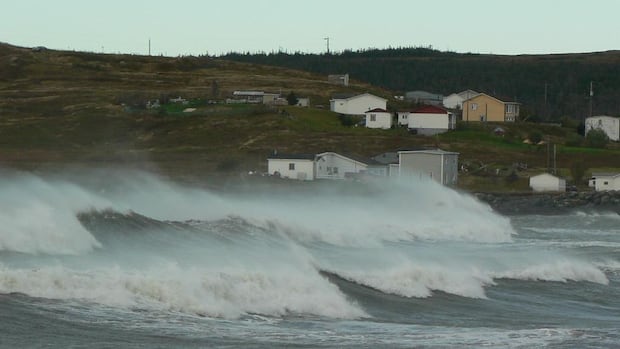The requirement to write in Conservative Leader Pierre Poilievre or other candidates’ names during last week’s byelection doesn’t appear to have made an impact on how many ballots were rejected.
A larger share of ballots were rejected when Poilievre lost in his former Carleton riding in April than the Aug. 18 race in Alberta’s Battle River-Crowfoot.
The validated results posted by Elections Canada over the weekend show that 211 ballots were rejected in last week’s byelection — 0.4 per cent of the total votes cast.
By comparison, 391 ballots were rejected in the same riding during April’s general election — 0.6 per cent of the total. In Carleton, where Poilievre ran against 90 other candidates, 595 ballots were rejected, 0.7 per cent of the total votes in that riding.
Across all ridings, 169,857 ballots were dismissed in the spring election — 0.8 per cent of all votes cast nationwide.
Elections Canada made the switch to write-in ballots for last week’s byelection because more than 200 candidates — most of whom were associated with the electoral reform advocacy group known as the Longest Ballot Committee — had registered to run.
In the past, such protests — including in Carleton this past spring — resulted in nearly metre-long ballots that delayed the vote count and irritated some electors. Elections Canada opted for write-in ballots to avoid similar issues in Battle River-Crowfoot.
During a byelection in the riding of LaSalle-Émard-Verdun last fall — where 91 candidates were on the ballot — 723 ballots were rejected, or 2.2 per cent of the total votes.
While write-in ballots have been used in past federal elections (typically for some forms of early voting), this is the first time they were used for an entire riding.
The Battle River-Crowfoot byelection was triggered after former MP Damien Kurek resigned to allow Poilievre to regain a seat in the House of Commons. The Conservative leader cruised to victory.
In an attempt to address potential concerns about the adapted ballot, Elections Canada posted videos to social media and created a FAQ on its website.
Spelling a candidate’s name wrong would not have resulted in a ballot being dismissed, as long as the voter’s intention was clear. Voters were provided a full list of candidates’ names.
But a ballot could be rejected if the elector wrote just the name of a party — meaning a ballot that only said “Conservative” wouldn’t have counted for Poilievre.
Poilievre’s campaign had signs specifically made to remind voters to write his name.
Elections Canada wouldn’t comment on how the write-in ballots may have impacted the rejection rate, but a spokesperson said “overall, the delivery of the byelection went smoothly.”
“We will look closely at how things went [in Battle River-Crowfoot] to see what worked well and what could be improved should such a ballot be used again in future elections,” the spokesperson said in an email.
Write-in ballots have previously been issued to electors who opt to vote by mail or vote early at their local Elections Canada office.







